6 Common Myths About Coaching
Mar 27, 2024
I’ve been a coach for five years. I partner with a top rated credentialing authority to recruit, train, and mentor other coaches. With a degree in social work, I started as a skeptic when it came to the world of coaching. I didn’t know what I didn’t know. I didn’t think I needed a measly coaching certificate when I already had a four year degree in helping people.
I started with a Udemy certificate in Law of Attraction Coaching. This is regularly criticized for not being ‘real training,” but it’s how I got my start. It was a ten-ish hour online training. At the time, I understood the coaching industry was unregulated, and yet, I wanted some certifying agency to give me a quick stamp of approval to call myself a coach. I wasn’t ready to invest more, and I didn’t know where to start. I think it cost me $30. It did not teach me the necessary protocols and high standards of coaching, but it did get me started in learning about coaching, and it gave me the title of coach, which I felt comfortable using since I had taken coach training. This is just me. Plenty of people have no training whatsoever and feel comfortable calling themselves coaches because they attempt to guide people towards change. I wanted to meet professional standards and get the best training possible. I wanted all the knowledge I could learn to equip myself with the important task of supporting women in ditching the drink. I also wanted to do no harm.
I went on to earn what I would call the gold standard of coaching, which is an International Coach Federation-accredited program. I became a Certified Recovery and Life Coach through the International Association of Professional Recovery Coaches, the most highly respected program accredited through multiple certifying agencies. I went on to earn a Yale Certificate of Wellbeing, a Certificate as a Facilitator of Addiction Awareness and Human Resources, and a SheRecovers Designated Coach. Last year, I won the Top Sober Coach Award from the Coach Foundation. I am now a mentor and business coach, using my 15 years in corporate sales to support new coaches. My Launch Your Coaching Practice digital course has been approved for 16 continuing education credits. I’ve learned a thing or two about coaching, and I am compelled to share. Most importantly, it is not therapy, and it is not advice giving. Read along as I dispel some more myths about coaching.
- Coaching is only for fixing problems. One prevalent myth is that coaching is solely for individuals who are struggling or need fixing. In reality, coaching is not just about solving problems; it's also about personal and professional development, helping individuals maximize their potential and achieve their goals. The people that I coach are invested in living to their full potential and removing any roadblocks to their success. As a Professional Certified Recovery and Life Coach, I support high achieving women in ditching alcohol and then continue to support them in other areas of their lives, including career, relationships, and more.
- Coaching is counseling or therapy: Coaching is often mistaken for counseling or therapy. While counseling and therapy focus on resolving past issues and emotional healing, coaching is more future-oriented, helping clients set and achieve goals, enhance skills, and improve performance. I see quick, tangible results in setting small goals with clients.
- Coaching is a quick fix: Some people believe that coaching can magically solve all their problems overnight. However, like any personal development process, coaching requires time, commitment, and effort from both the coach and the client. Sustainable change often takes time and consistent practice. When it comes to coaching, your brain can actually be rewired by building a long-term relationship where you feel safe to explore. It’s the relationship component that's healing.
- Coaches have all the answers: Contrary to popular belief, coaches don't have all the answers. Instead, they guide clients through a process of self-discovery, asking powerful questions, and providing support and accountability.
- Coaches help clients unlock their own insights and solutions. Coaching is not giving advice, despite popular opinion. I don’t know what’s best for you, but you do! I can guide you toward figuring it out.
- Coaching is expensive: While some coaching services can be costly, there are also many affordable options available, including group coaching, online coaching programs, and coaching provided within organizations. Additionally, the return on investment from coaching in terms of personal and professional growth can often outweigh the initial cost. In terms of sober coaching, the return on investment is huge. From avoiding more expensive treatment options to healthcare, and the cost of drinking alone,. Coaching has saved my clients financially in a big way.
- Coaching is only for the weak: Seeking coaching is often viewed as a sign of weakness or incompetence. However, many successful individuals, including top athletes, CEOs, and entrepreneurs, attribute their success to coaching. Seeking coaching demonstrates a commitment to growth and improvement, not weakness.
By debunking these myths, individuals can better understand the value and benefits of coaching as a powerful tool for personal and professional development. As someone who coaches and has been coached, that is the most transformative resource I know.
If you are interested in being coached, set up a discovery call with me. If you are interested in becoming a coach, learn more here.

